
Product Development Tips from a YC Founder
Learn proven product development strategies from a YC-backed CTO. Discover how to build smarter, faster, and better—from team building to testing and iteration.
Being in the pressure-cooker environment of Y Combinator is not for the faint of heart.
As co-founder and CTO of Cuboh (YC S19), the intensity taught me that clear vision, ruthless focus, and rapid adaptability aren’t just buzzwords — they are crucial survival skills that every startup founder needs to learn one way or another.
In this article, we'll talk about tactical, real-world product development tips drawn from my time in YC.
Let's dive in.
1. Start with the Product Goal & Vision
A product without a clear goal is like a ship without a compass.
The eagerness to get something done may push some founders straight to the prototyping phase. But without a well-defined goal, you might end up with a product that nobody wants.
Remember, every great product starts with a clear "what" and "why." And it's best to figure those out before you get into the "how."
Here's something you could do right now: Write down your product’s one-sentence vision and the top problem it solves.
Nail down the product goal first, then build the roadmap to reach it.
Take Cuboh, for instance.
When we started we didn’t just say “let’s build software for restaurants.” We had a very specific problem in mind — the headache of managing multiple food delivery tablets for restaurant owners.
Once we got our minds dead set on fixing this problem and streamlining the ordering process for restaurants, figuring out the "how" part was easy. The tech (no matter how hacked together at first) was chosen only after we understood the real problem and defined the ideal outcome.
This problem-first approach saved us from building flashy features that didn’t serve the mission.
2. Build a Strong Team
In the early stages, who you work with is just as important as what you’re working on.
Experience and technical skills on a CV are nice, but a startup requires something more.
Tip: Hire for cultural fit and passion.
Ask yourself, “Would I be comfortable being stuck in an office with this person doing all-nighters?”
If you have fundamental trust and get along, that matters more than ticking every technical box.
Also, remember that successful startup team members should be able to wear many hats.
A solid engineer who can contribute to product ideas, jump into QA testing, or communicate with potential investors when the situation demands is gold. That said, don't be afraid to seek out generalists who love picking up new skills.
Hire talent with “confident humility," meaning someone who is highly skilled but free of ego.
A startup's success comes from a team effort, not from individual heroics. You want team members who can confidently lead or contribute ideas, but also admit when they don’t know something and are eager to learn.
3. Define Your Development Cycle Length
One of the less glamorous but critical parts of product development is deciding on your team’s development cycle length.
Do you thrive in one-week bursts, two-week sprints, or some other rhythm?
We're fans of shorter cycles because it forces rapid feedback and course correction. This fast loop will help you learn quickly, which is more important than completeness early on.
Just remember that there’s no one-size-fits-all answer when it comes to development cycle lengths. Ultimately, the ideal duration depends on your team's specific needs and workflow.
If you find that one-week sprints result in a lot of rollover tasks or the team feels constantly rushed, try two weeks. Conversely, if two-week sprints come with long idle times, consider adopting shorter cycles.
The key is finding a cadence where the team can consistently deliver a substantial iteration and maintain momentum in each cycle.
4. Host Regular, Open Brainstorming Sessions
Good ideas can come from anywhere. And, in some cases, the best ones are missed simply because it was never brought to the table.
That's why startups need to cultivate an open marketplace of ideas through regular brainstorming sessions is a must.
Set aside time for recurring huddles where the team can just brainstorm, challenge, and refine ideas into actionable nuggets of information.
Even a 30-minute session every two weeks can surface great insights.
In the early stages, focus on generating as many ideas as possible.
The key is to make this a blameless space; brainstorms are for free-thinking, not finger-pointing. This prevents the premature shutting down of unconventional ideas that may seem too daring at first, but game-changing as the product vision becomes clear.
Dot voting or simply having each person nominate their top picks gives a rough consensus quickly. Anonymous voting tools or paper slips can help if your team is shy, especially in a remote setting.
5. Maintain Constant Communication & Collaboration
Constant communication is the oxygen of any fast-growing startup, particularly those with hybrid or remote teams.
Not in the sense of having endless meetings, but in terms of maintaining transparency and seamless information sharing, especially for team members who are in need of extra guidance.
When in doubt, share it out.
Share early and share often.
If a tester gives insightful feedback, drop it in the chat for all to see. Or, if an assumption changes or we’re pivoting a feature, make sure everyone hears about it.
For developers, there’s nothing worse than working on something that’s no longer a priority because they missed the memo.
Keep in mind that over-communicating is better than under-communicating for early-stage teams. You can streamline communication by adopting cross-platform, instant communication tools, such as:
- Slack
- Microsoft Teams
- Discord
- Google Chat
6. Establish Milestones
Establishing product development milestones not only ensures that you're moving in the right direction. It also gives your engineers tremendous moments of accomplishment, which can be hard to come by in this line of work.
Just remember to measure progress not just by tracking which features you ship, but also by evaluating the outcomes those features drive.
Remember, what you build is only valuable if it leads to real, impactful outcomes.
Define success by how much you improve your metrics, not just how many things you build. In practice, this means tracking real-world data like user growth, retention, revenue, engagement, or any Key Performance Indicator (KPI) that is relevant to your product.
7. Test & Iterate
Bake iteration into your development DNA.
Build, get feedback, improve, and repeat.
Just don't forget to incorporate real user feedback into the loop. This sounds obvious, but it’s amazing how many teams build in a vacuum.
The reality is that no product launch goes exactly as the developer imagined, especially when it reaches the users' hands.
Modern product development has so many tools for rapid iteration, including feature flags, A/B testing tools, and CI/CD pipelines. Use them in your internal testing and QA workflows to bolster your iteration cycle.
You might discover through iterative user testing new product use cases in a way you didn’t expect — and that maybe those are actually the features you should double down on. Or, you might discover that one of your product's core features isn't being utilized, potentially warranting deprioritization.
Expanding Your Team Through Outsourcing
Lastly, remember that product building is a team sport.
Leverage your co-founders, engineers, mentors, and external partners like agencies or consultants.
Outsourcing is not an all-or-nothing maneuver. In fact, there's a broad spectrum of the kind of third-party support you can use to supercharge product development.
While it's definitely possible to outsource everything, you can also look for unbundled professional staff augmentation services — from fractional CTOs to UI designers. They present quick and cost-effective opportunities to fill skill and knowledge gaps that are bottlenecking your production.
Accelerate Your Product Journey with Horizon Labs
At Horizon Labs, we love partnering with builders and visionaries to create something great. If you're a startup founder, rest assured that we’ve been where you are — and we’re excited about where you’re headed.
If you need an extra hand, whether it’s more developers, product strategy, or founding engineers, we'd love to hear from you.
Book a free consultation here and let’s accelerate your product development journey together.
Whether you're validating an idea, scaling an existing product, or need senior engineering support—We help companies build ideas into apps their customers will love (without the engineering headaches). US leadership with American & Turkish delivery teams you can trust.
Need Developers?
We help companies build ideas into apps their customers will love (without the engineering headaches). US leadership with American & Turkish delivery teams you can trust.
















For Startups & Founders
We've been founders ourselves and know how valuable the right communities, tools, and network can be, especially when bootstrapped. Here are a few that we recommend.

Mistakes to Avoid When Building Your First Product
Learn the key mistakes founders make when building their first product—and how to avoid them for a faster, smoother launch.
Read more
The Rise of AI in Product Development: What Startups Need to Know
Learn how AI is transforming product development for startups. From MVPs to scaling, here’s what founders need to know in today’s AI-driven world.
Read more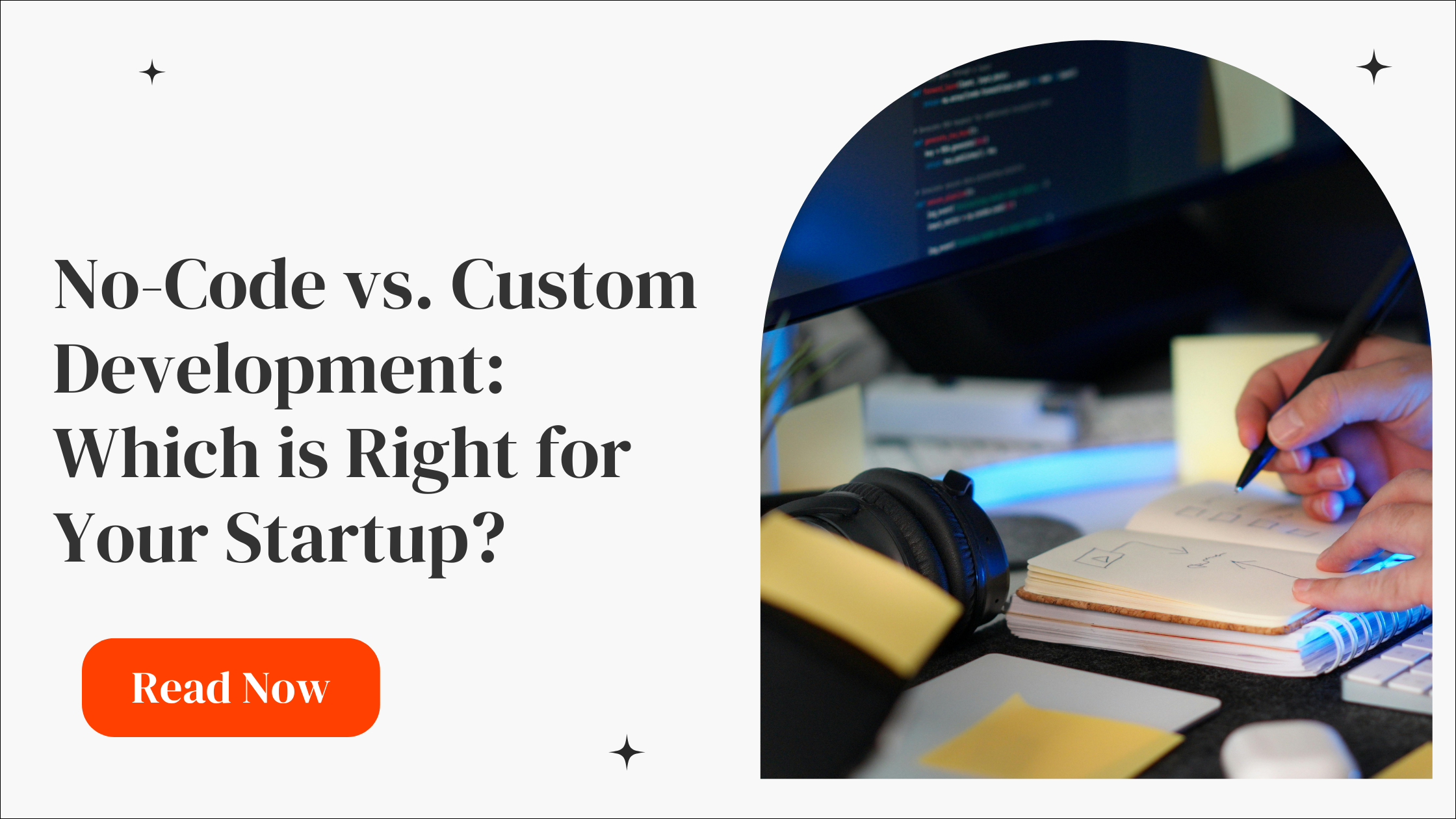
No-Code vs. Custom Development: Which is Right for Your Startup?
Weighing no-code vs. custom development? Learn which is right for your startup depending on stage, budget, and product complexity.
Read more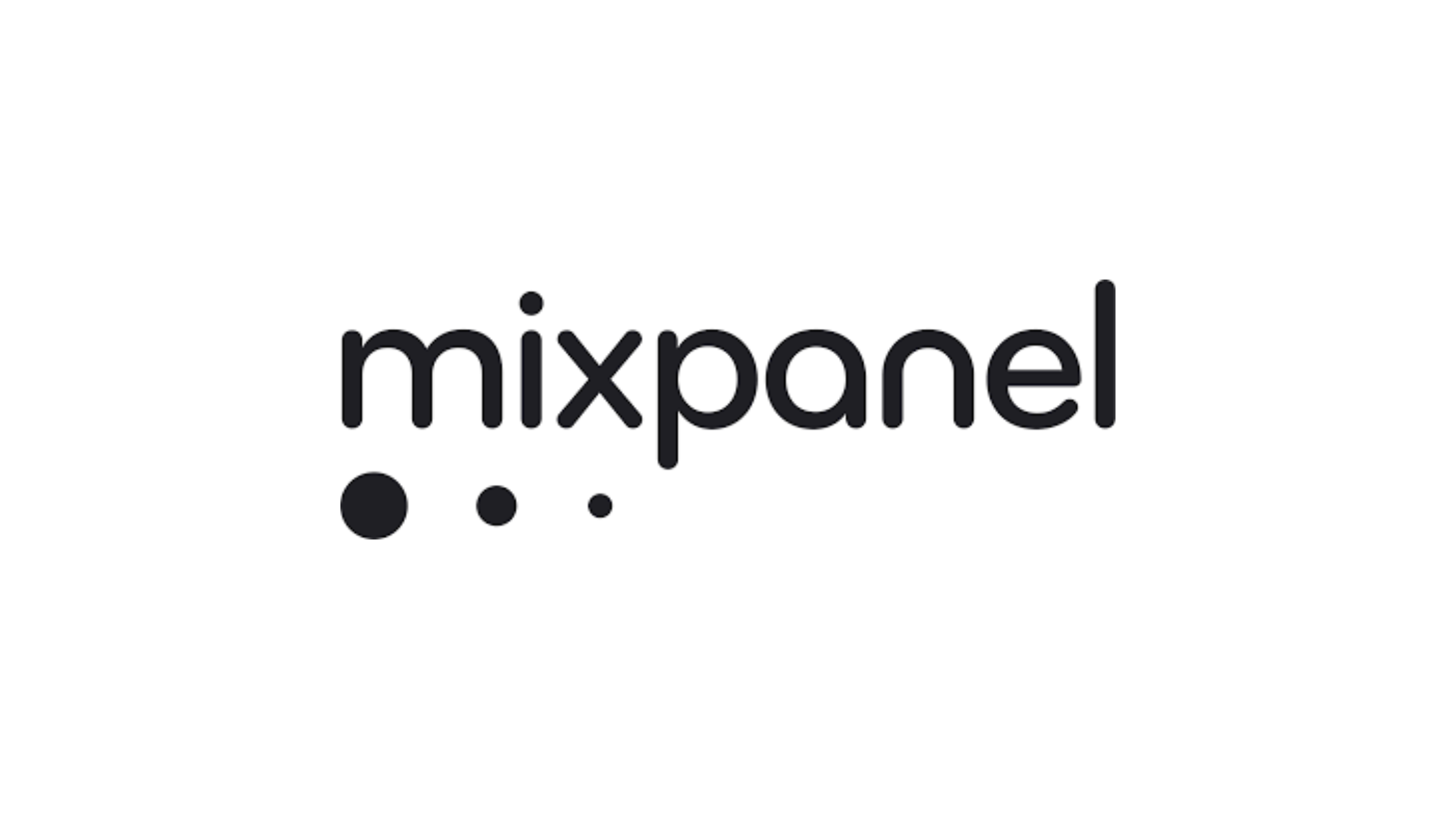
What is Mixpanel?
Learn how Mixpanel helps startups track user behavior to improve products and accelerate growth with clear data-driven insights.
Read more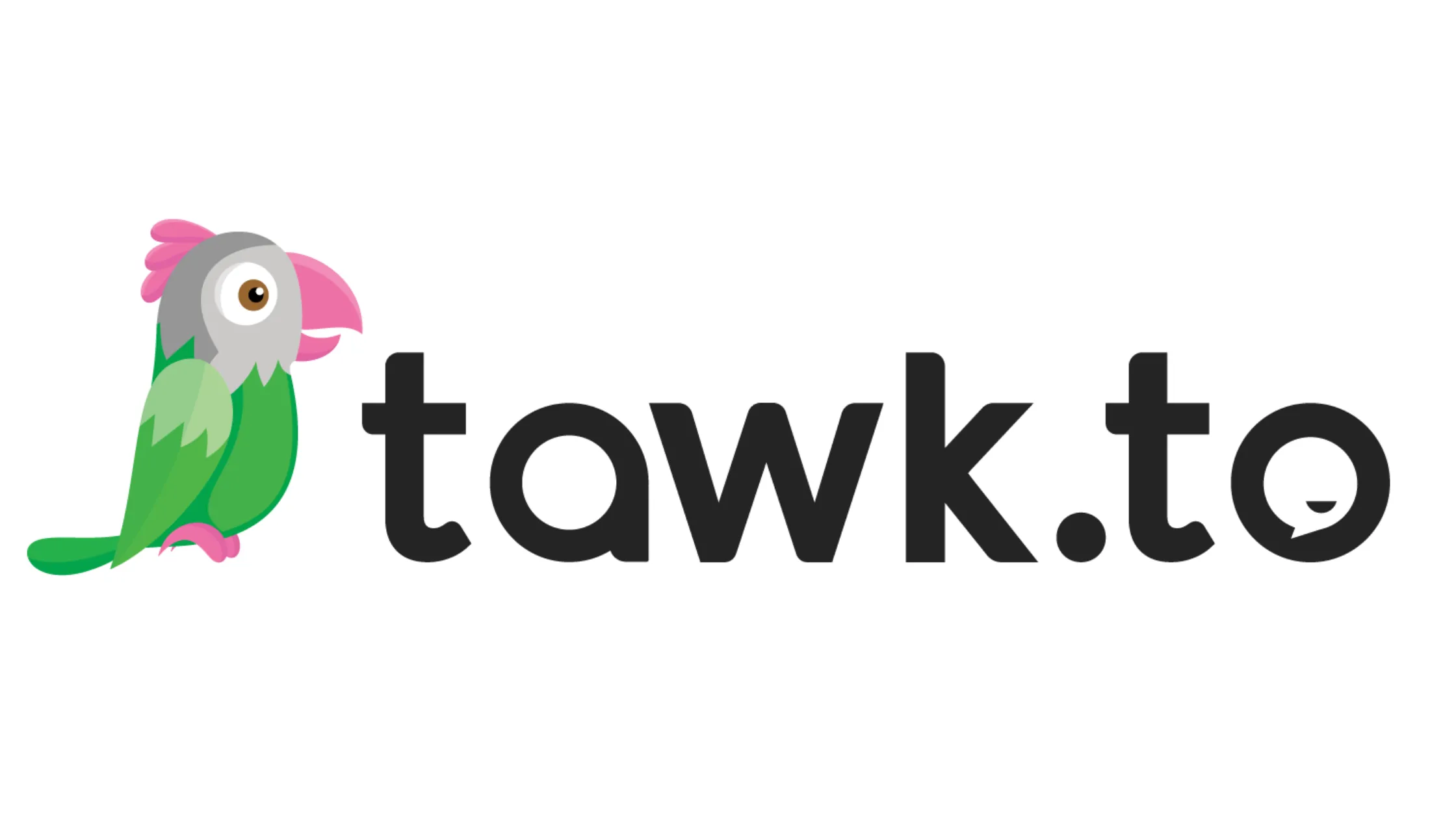
How Tawk.to Can Boost Your Startup’s Customer Support Game
Learn how Tawk.to can benefit startups by enhancing customer support and engagement. Perfect for early-stage founders!
Read more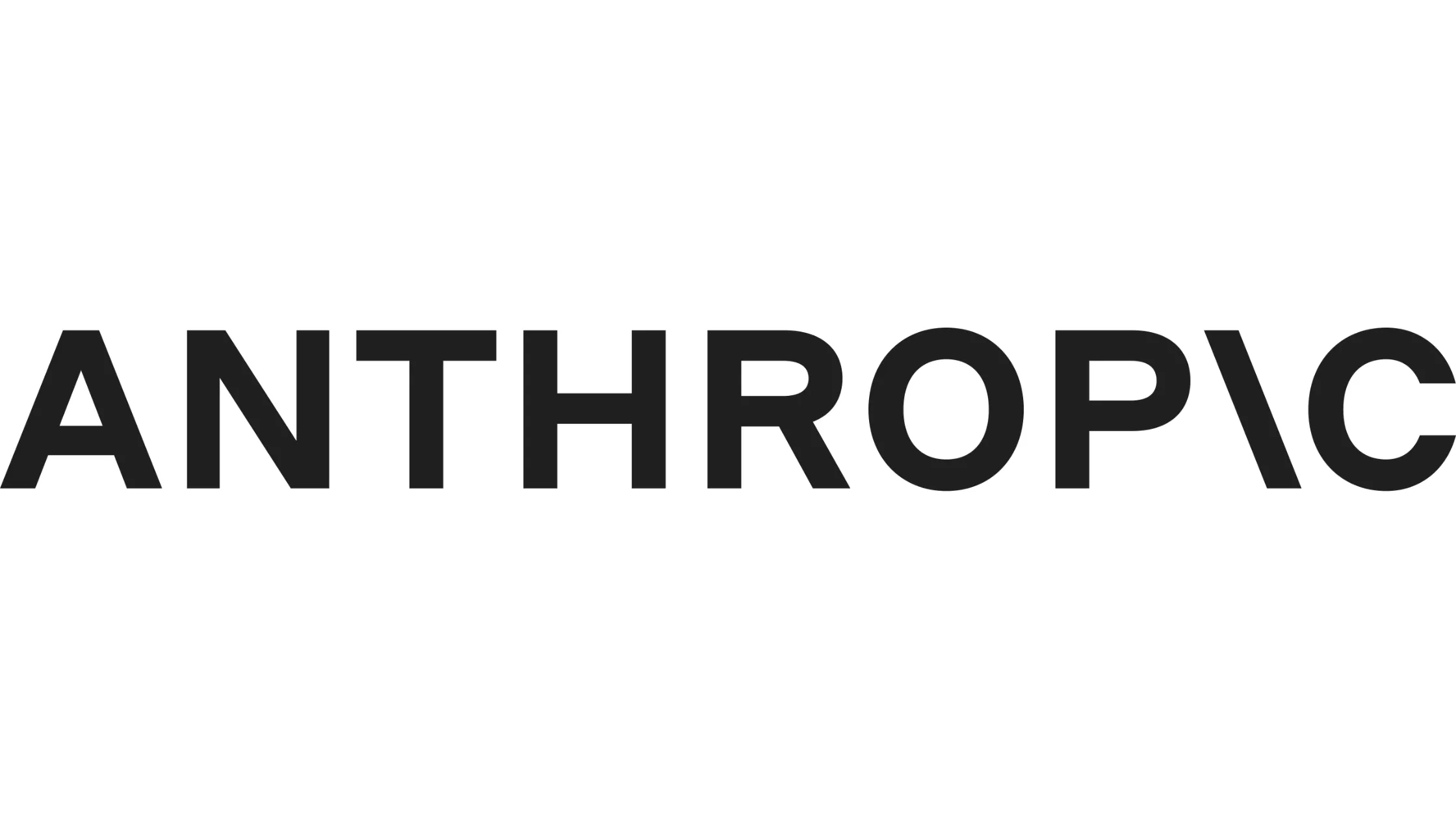
Grow Your Startup With Anthropic's AI-Powered Tools
Discover how Anthropic's cutting-edge AI tools can accelerate your startup's success. Learn about their benefits and see why they can be trusted by startups.
Read more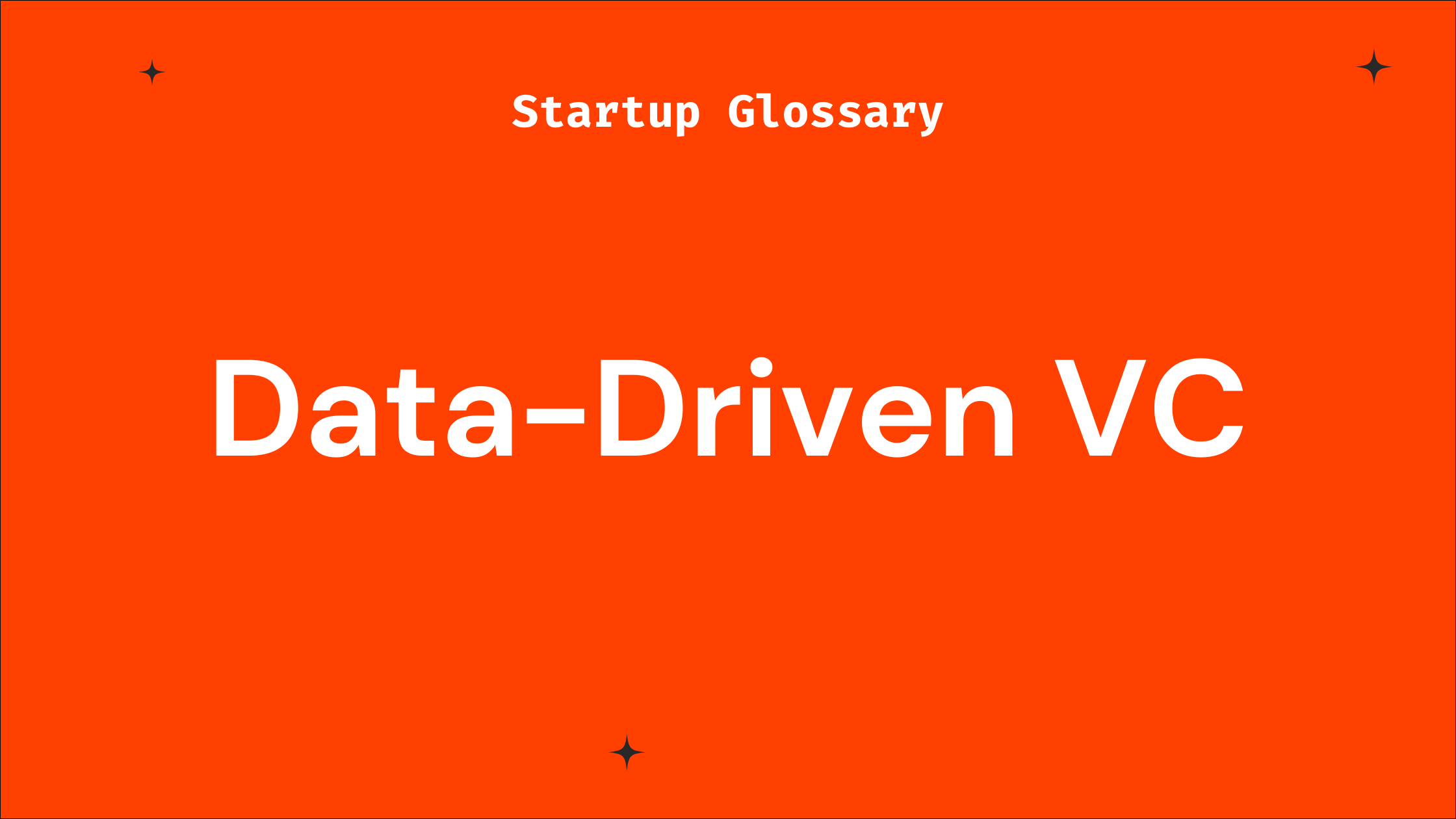
What is Data-Driven VC?
Learn what a data-driven VC means and how such investors can benefit your startup’s growth and fundraising journey.
Read more
What is Blockchain?
A beginner-friendly guide on blockchain for startup founders, covering key concepts, benefits, challenges, and how to leverage it effectively.
Read more
What is Cybersecurity?
Learn cybersecurity basics tailored for startup founders. Understand key risks, best practices, and how to protect your startup from tech threats.
Read more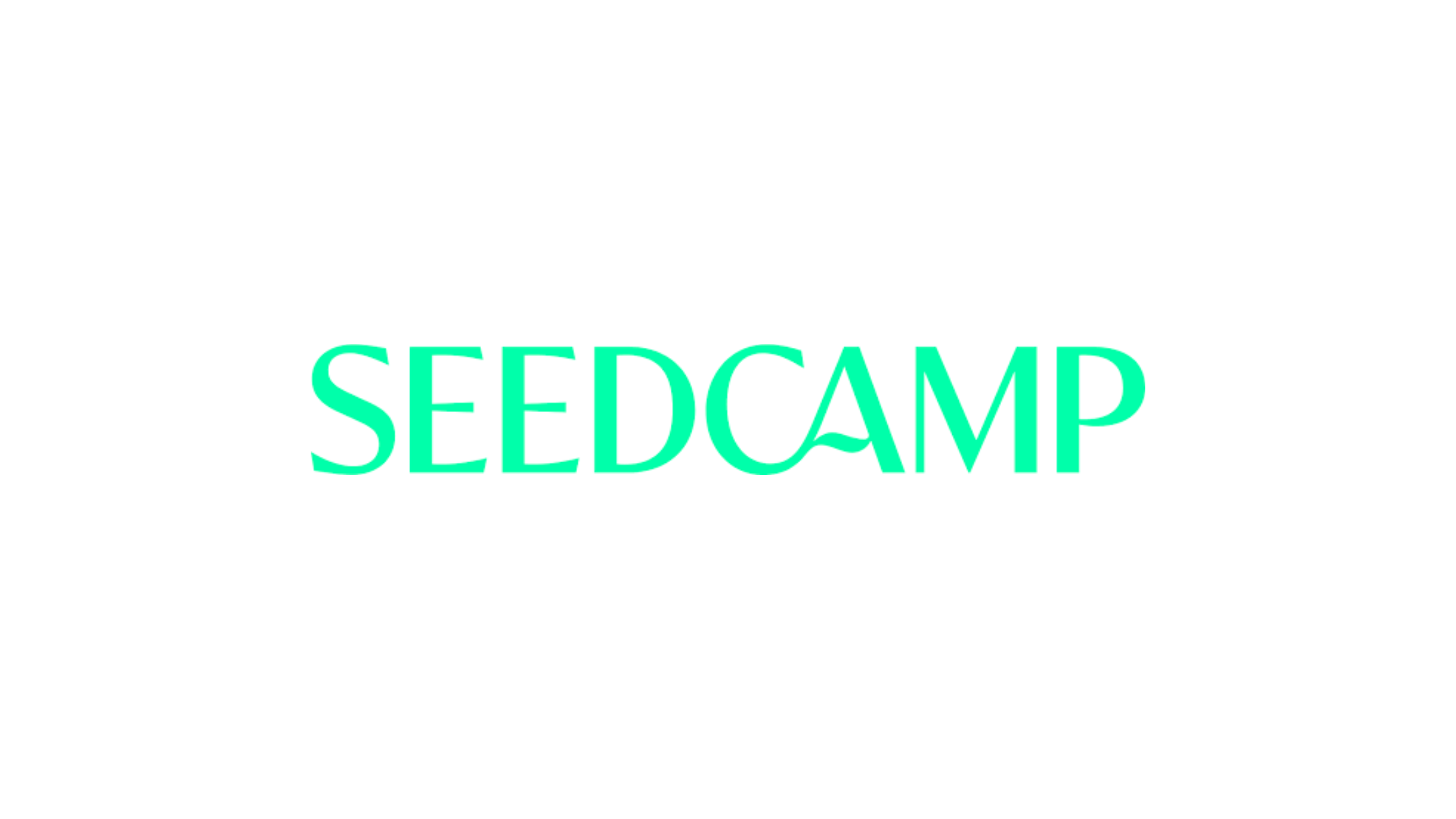
What is Seedcamp?
Learn what Seedcamp is, how its European seed fund and accelerator program work, and how founders can use its capital, mentorship, and network to scale their st
Read more
What is AngelList?
AngelList is a prime platform connecting startup founders to investors, talent, and resources to accelerate early-stage growth.
Read more
What is 500 Startups?
Learn what 500 Startups (now 500 Global) is, how its accelerator and seed fund work, and when founders should consider it—plus tips for early-stage startups.
Read more.webp)